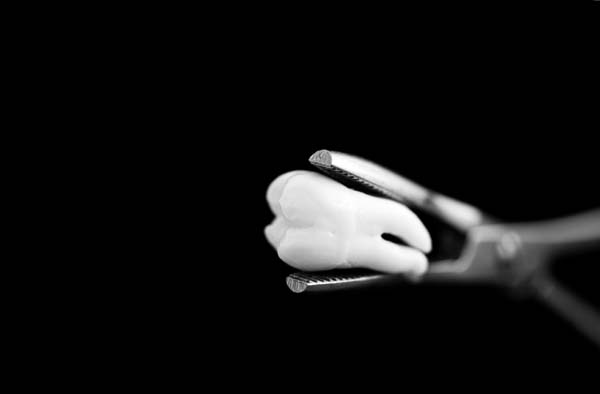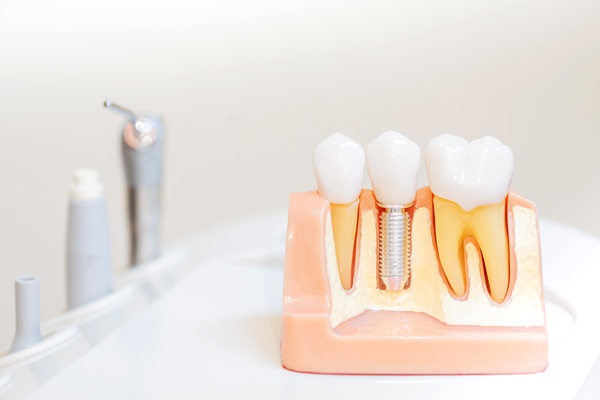When To Have Wisdom Tooth Removal
Do you think you may need ? Read on to learn about the reasons why your wisdom teeth may need to be extracted. You will probably need to have a wisdom tooth removed at some point in your life. Wisdom teeth are the last set of molars to emerge, and they are a relic of evolution. Early humans consumed lots of hard nuts and grains, so they needed an extra set of molars.
Nowadays, wisdom teeth are not essential. Having them removed typically does not have a negative impact on your oral health. Extraction is typically recommended when a wisdom tooth is decayed, damaged, or impacted.
A tooth is impacted when it fails to break through your jaw into the mouth properly. Such a tooth could end up damaging other teeth in the mouth, even if it is not currently causing any pain or issues. Dentists often recommend extracting impacted teeth before they start causing problems in the mouth, like jaw stiffness, fractured teeth, and bleeding.
Reasons you might need a wisdom tooth removal
Some of the reasons why a dentist might recommend wisdom tooth removal include:
- Potential damage to other teeth: A dentist might recommend getting rid of wisdom teeth that are pushing on teeth around them, causing bite problems and pain
- Potential damage to the jaw: Cysts sometimes form around wisdom teeth. These cysts can cause nerve damage and hollow out a person's jaw when left untreated
- Sinus issues: A poorly-developed wisdom tooth can lead to sinus congestion, pressure, and pain. Extracting the tooth often provides relief
- Inflamed gum tissues: A dentist might recommend extracting a wisdom tooth if it is surrounded by inflamed gum tissues that make it harder to clean the teeth
- Decay: Dentists often recommend extracting decayed or damaged wisdom teeth. Sure, conventional treatments can be used to tackle these issues, but wisdom teeth have high odds of developing other issues in the future since their location makes them harder to clean
- Alignment issues: Wisdom tooth extraction might be recommended if a patient lacks enough space for all their teeth. Extracting wisdom teeth in such cases makes it easier to tackle alignment issues
The wisdom tooth removal process
There are two main types of extractions dentists perform: simple and surgical. Simple extractions are performed when the dentist can grab the tooth with a pair of forceps and pull it out. A surgical extraction is performed if the tooth is stuck inside bone or gum tissues. The oral surgeon will have to cut into gum or bone tissues to remove the tooth in that scenario.
Local anesthetics are used during any type of extraction, so the patient does not feel much pain. They will feel some discomfort once the anesthetic wears off a few hours later. Painkiller prescriptions are often provided to help manage this.
After getting a tooth pulled, the recovery period can last up to two weeks. The first few days are the most crucial, as a blood clot forms inside the extracted tooth's socket.
Do you need wisdom tooth removal?
Give us a call or stop by our Lee's Summit clinic if one of your wisdom teeth is causing you pain or discomfort.
Request an appointment here: https://spectrumsurgical.net or call Facial Spectrum at (816) 524-4334 for an appointment in our Lee's Summit office.
Check out what others are saying about our dental services on Yelp: .
Recent Posts
Dental implants represent a durable and aesthetically pleasing solution for replacing missing teeth. Understanding the proper care for dental implants remains essential to ensure longevity and optimal function. Adhering to recommended practices significantly reduces the risk of complications, preserves oral health, and maintains the attractive appearance and comfort associated with implants. By implementing consistent maintenance…
The jawbone is the part of the face that holds many essential elements together, such as the teeth, ligaments, and muscles; however, bone grafting may sometimes be necessary if the jawbone is too weak to perform these tasks. A person’s jawbone can deteriorate over time, whether due to age, genetics, poor oral health, cancer, or…
Finding lasting relief from issues such as misalignment and facial asymmetry can involve specialized procedures. Fortunately, corrective jaw surgery is a reliable option for addressing these concerns. A dental specialist realigns the upper or lower jaw during this process to promote better function and comfort. Although the procedure can benefit health and appearance significantly, a…
Many individuals seek rhinoplasty to enhance facial harmony, improve nasal function, or correct structural abnormalities. As a surgical procedure that reshapes the nose, rhinoplasty can address aesthetic concerns as well as breathing difficulties caused by structural defects such as a deviated septum. Understanding the consultation process, surgical techniques, and what to expect from the recovery…


